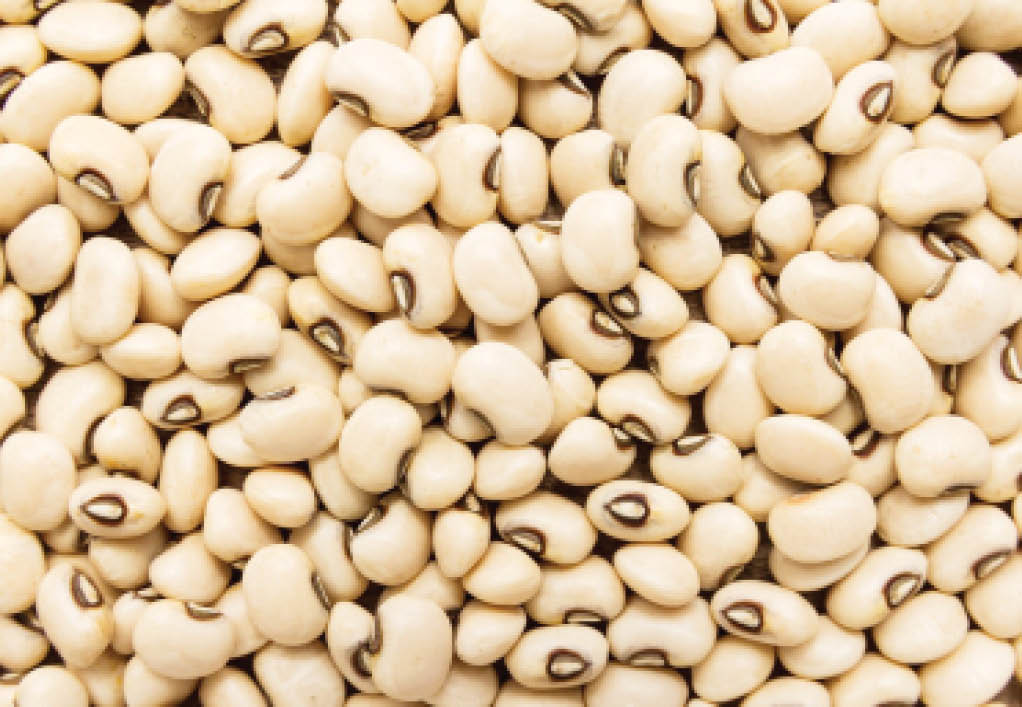Seed technologies key to addressing Africa agric problems
The availability of quality seeds is critical to enhance crop productivity for a food and nutrition secure continent. Speaking during the AFSTA Congress in Mombasa, Kenya, Dr Munyaradzi Jonga, the Seed Production Specialist and TAAT Maize Compact Lead at AATF, noted that there is huge potential to maximise Africa’s agricultural productivity by leveraging on already […]

Nigeria’s beans is one of the agro produce banned from entering Europe
The availability of quality seeds is critical to enhance crop productivity for a food and nutrition secure continent.
Speaking during the AFSTA Congress in Mombasa, Kenya, Dr Munyaradzi Jonga, the Seed Production Specialist and TAAT Maize Compact Lead at AATF, noted that there is huge potential to maximise Africa’s agricultural productivity by leveraging on already available high-quality seeds of newly improved climate-smart varieties produced from different breeding programmes within the region.
He called for the need to stimulate demand that drives functional markets to enhance uptake of improved varieties.
“We need to implement policies that will encourage new innovations and enhance seed systems,” he said.
Dr Jonga pointed out various constraints to seed system development and food production in Africa. The constraints include inefficient enabling policy environments; long plant breeding cycles and variety release processes; pest and diseases that affect productivity and poor seed quality.
He noted that partnerships in commercialisation are crucial in technology development; new products awareness and demand creation and uptake by farmers.
“Effective collaboration and partnerships are critical for consistent high quality seed delivery to farmers,” he stated.
Experts in an ensuing panel discussion agreed that international and national research organisations develop technologies and innovations, including climate-resilient crop varieties.
However, the outputs of research in Africa are not easily commercialised. Cognizant of this, seed systems are putting in place mechanisms to enable private companies to access and commercialise climate resilient varieties.
